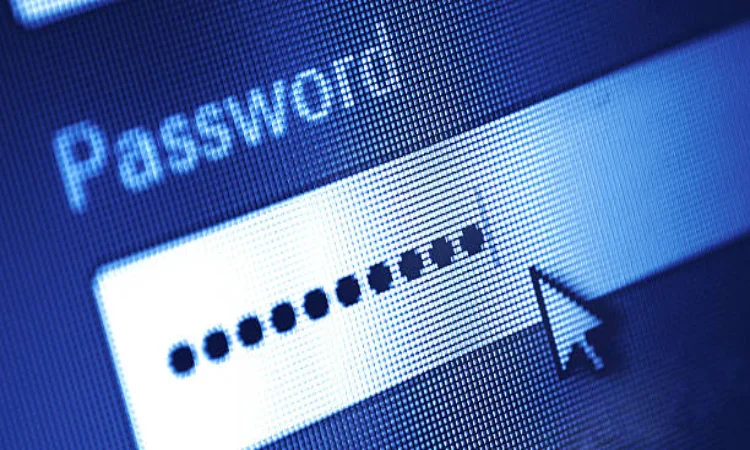What Is the Best Length for a Strong Random Password?
When it comes to creating a strong random password, the length plays an essential role in its effectiveness. You might wonder how many characters are necessary to guarantee your security. While many factors contribute to password strength, experts generally recommend aiming for a length between 12 to 16 characters. But what specific combinations and variations can you use to enhance this strength even further? Let’s explore the key elements that define a secure password.
Understanding Password Strength
When you think about password strength, it’s essential to understand that complexity and length play significant roles in safeguarding your digital identity. A strong password combines uppercase letters, lowercase letters, numbers, and special characters, creating a barrier against unauthorized access. To maximize security, you should avoid easily guessable information, like birthdays or common words. Utilizing a secure password generator can help you create unique passwords that meet complexity requirements effortlessly. Remember, the more random and varied your password, the harder it becomes for cybercriminals to crack it. Regularly updating your passwords and using different ones for various accounts will further enhance your security. Prioritizing password strength is a proactive step toward protecting your personal information online.
Recommended Length for Strong Passwords
A strong password should ideally be at least 12 to 16 characters long to provide robust security against potential attacks. Longer passwords are harder for attackers to crack, especially when they involve a mix of uppercase letters, lowercase letters, numbers, and special characters. Using a strong password generator can help you create complex passwords that meet these criteria. A random password generator will produce unique combinations that enhance security further. Remember, the length and complexity of your password directly correlate with its strength. By adhering to this recommended length, you greatly reduce the risk of unauthorized access to your accounts. Make it a habit to update your passwords regularly to maintain maximum security.
Factors Affecting Password Security
While many believe that password length alone determines security, several factors greatly influence how strong a password truly is. First, the complexity of the characters you use matters; mixing uppercase, lowercase, numbers, and symbols enhances password strength. Next, avoiding common phrases or easily guessable information—like birthdays or pet names—can help you generate a strong password. Additionally, the unpredictability of your random password plays a critical role; the more random it is, the harder it becomes to crack. Finally, consider how often you change your password; regularly updating it reduces the risk of unauthorized access. By addressing these factors, you can considerably improve your password security, ensuring that your accounts remain protected against potential threats.
Tips for Creating Strong Random Passwords
Creating strong random passwords is essential for safeguarding your online accounts, especially since weak passwords can easily be compromised. To guarantee your passwords are robust, consider using a password generator strong enough to create complex combinations of letters, numbers, and symbols. Aim for at least 12-16 characters in length. Avoid using easily guessable information like birthdays or common words. An online password generator can help you create unique passwords for each account, minimizing the risk of a single breach affecting multiple platforms. Additionally, change your passwords regularly and enable two-factor authentication for extra security. Remember, the more unpredictable your password, the harder it is for attackers to crack. Prioritize your online safety by implementing these strategies.
Conclusion
In summary, aiming for a password length of 12 to 16 characters is essential for maximizing security. This length, combined with a diverse mix of uppercase and lowercase letters, numbers, and special characters, greatly enhances your password’s resilience against cyber threats. Remember, the complexity of your password directly impacts its strength, so take the time to create a robust and varied combination. By doing so, you’ll better protect your sensitive information from unauthorized access.

